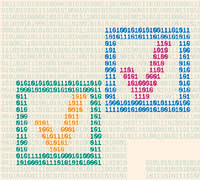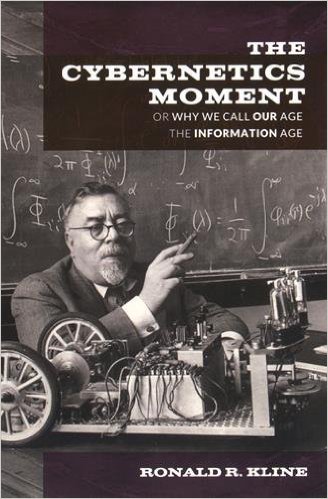2017/01/17
From Bone to Computer via Music
"Necessity is the mother of invention, right? Well, not always. Steven Johnson shows us how some of the most transformative ideas and technologies, like the computer, didn't emerge out of necessity at all but instead from the strange delight of play. Share this captivating, illustrated exploration of the history of invention. Turns out, you'll find the future wherever people are having the most fun." Full Video: Steven Johnson: The playful wonderland behind great inventions | TED Talk. Thanks Al Abi-Haidar!
2017/01/16
Could a Neuroscientist Understand a Microprocessor?
I like the conclusion: "we argue for scientists using complex non-linear dynamical systems with known ground truth." I certainly think is a great way to test theories indeed.
"We show that the approaches reveal interesting structure in the data but do not meaningfully describe the hierarchy of information processing in the microprocessor. This suggests current analytic approaches in neuroscience may fall short of producing meaningful understanding of neural systems, regardless of the amount of data. Additionally, we argue for scientists using complex non-linear dynamical systems with known ground truth, such as the microprocessor as a validation platform for time-series and structure discovery methods." Full article @ PLOS Computational Biology

"We show that the approaches reveal interesting structure in the data but do not meaningfully describe the hierarchy of information processing in the microprocessor. This suggests current analytic approaches in neuroscience may fall short of producing meaningful understanding of neural systems, regardless of the amount of data. Additionally, we argue for scientists using complex non-linear dynamical systems with known ground truth, such as the microprocessor as a validation platform for time-series and structure discovery methods." Full article @ PLOS Computational Biology
2017/01/09
Big data: are we making a big mistake?
Worth revisiting again and again (thank you Thiago): 'As for the idea that “with enough data, the numbers speak for themselves” – that seems hopelessly naive in data sets where spurious patterns vastly outnumber genuine discoveries. “Big data” has arrived, but big insights have not. The challenge now is to solve new problems and gain new answers – without making the same old statistical mistakes on a grander scale than ever'. Full article at Financial Times.


Labels: #BigData, #Statistics
2017/01/03
The Cybernetic Humanities
'For cybernetics, the digital brain completed the picture. Animals were machines, communication was control, and information processing was the principle, not just an element, of the new science. Wiener would not shy away from the philosophical consequences, claiming that “information is information, not energy or matter. No materialism which does not admit this can survive at the present day.”' Full review @ The Cybernetic Humanities - Los Angeles Review of Books


Labels: #Cybernetics, #information, #Interdisciplinarity
